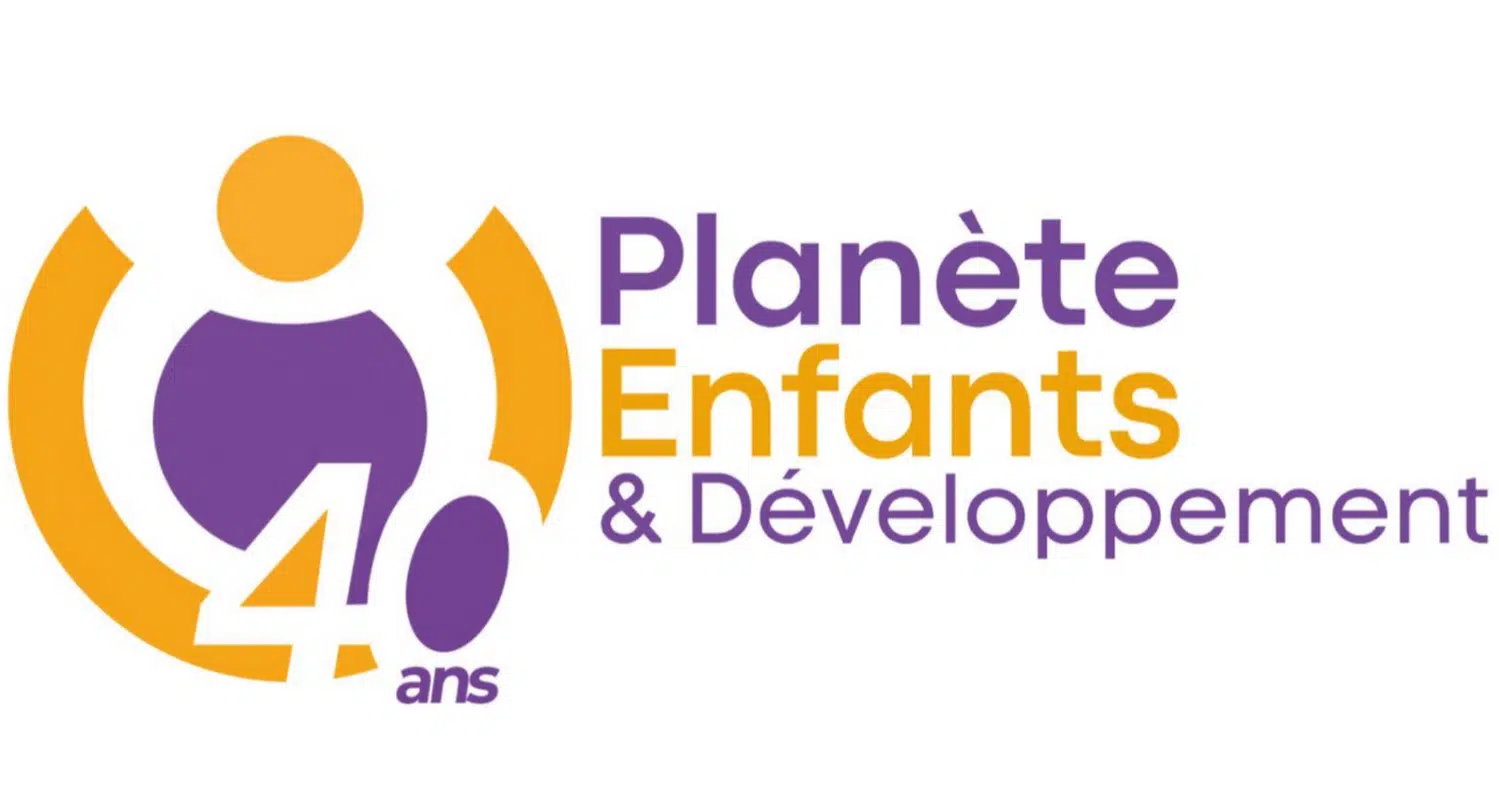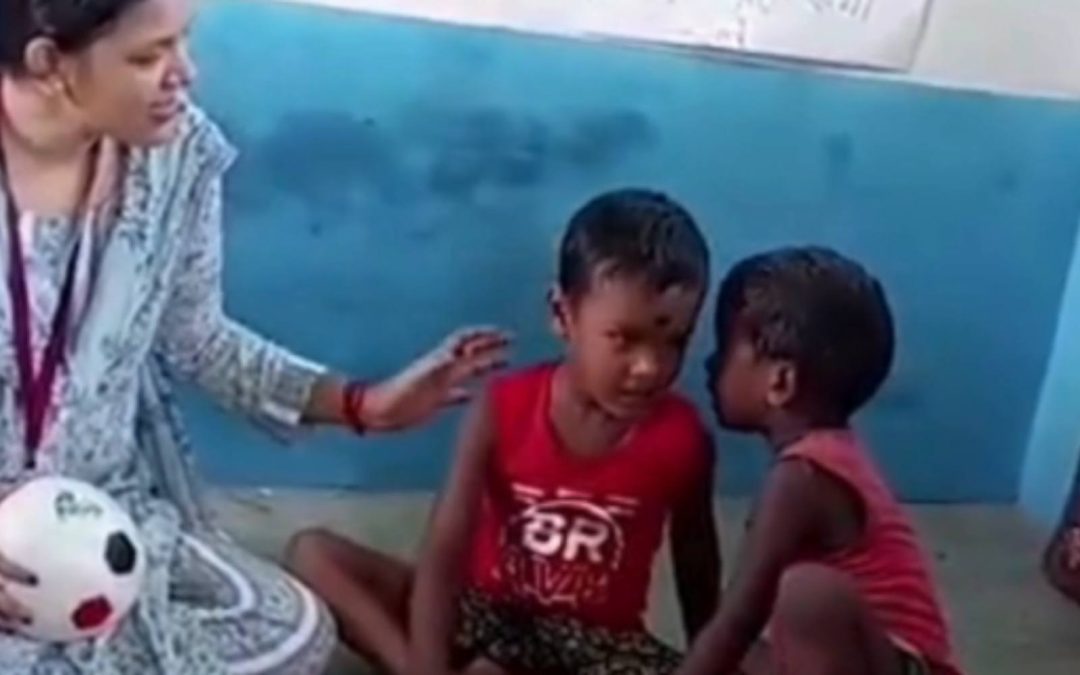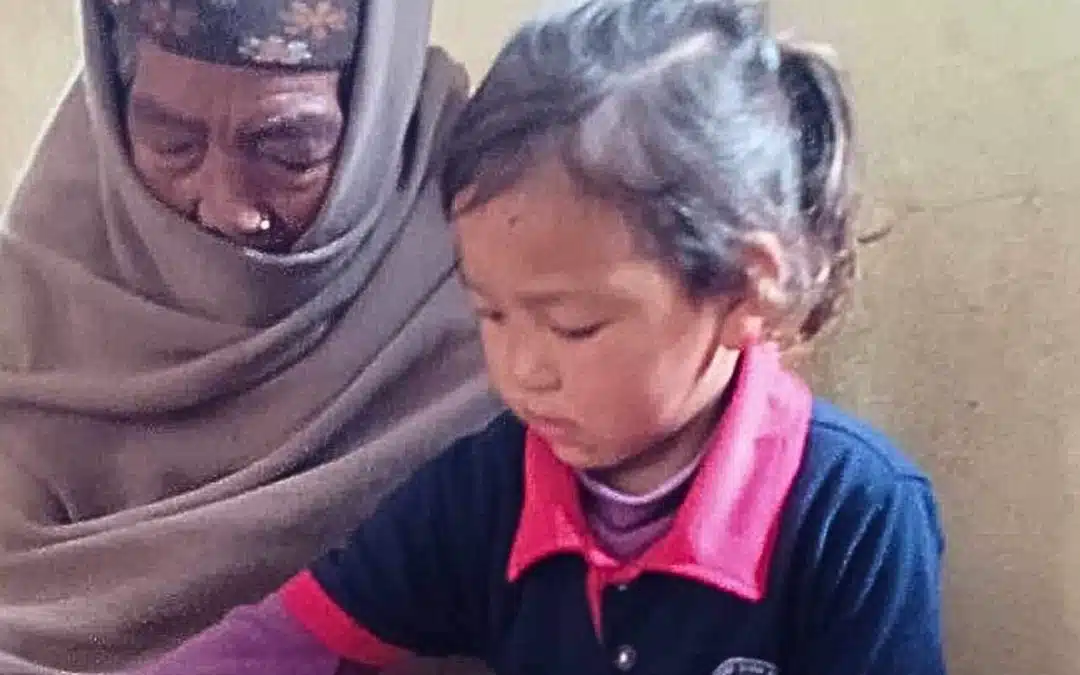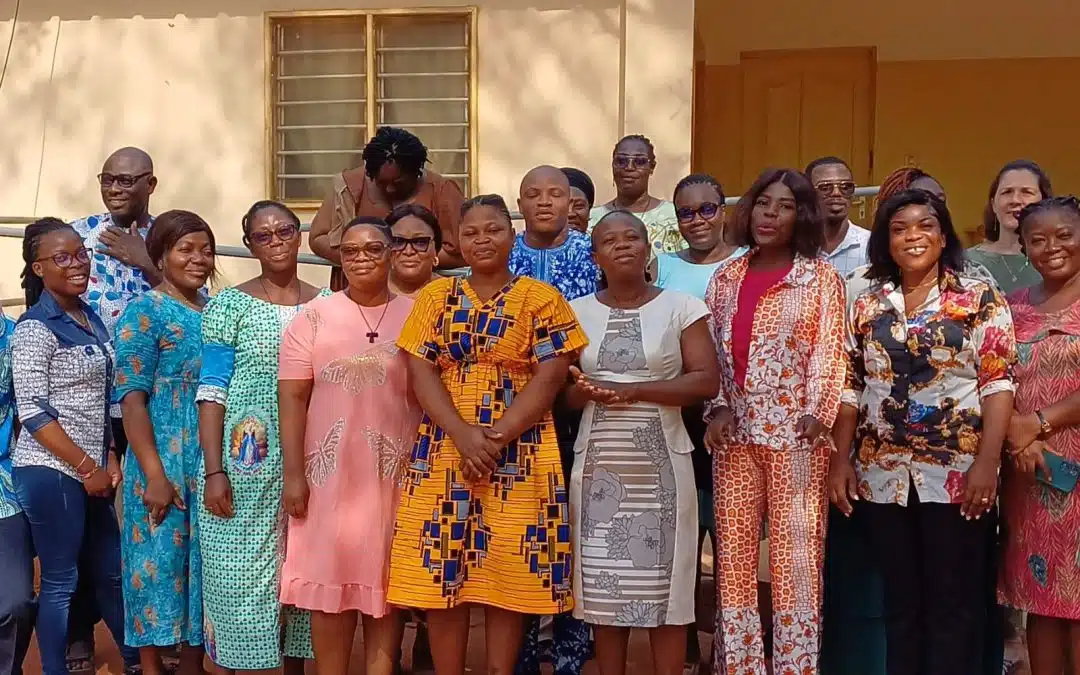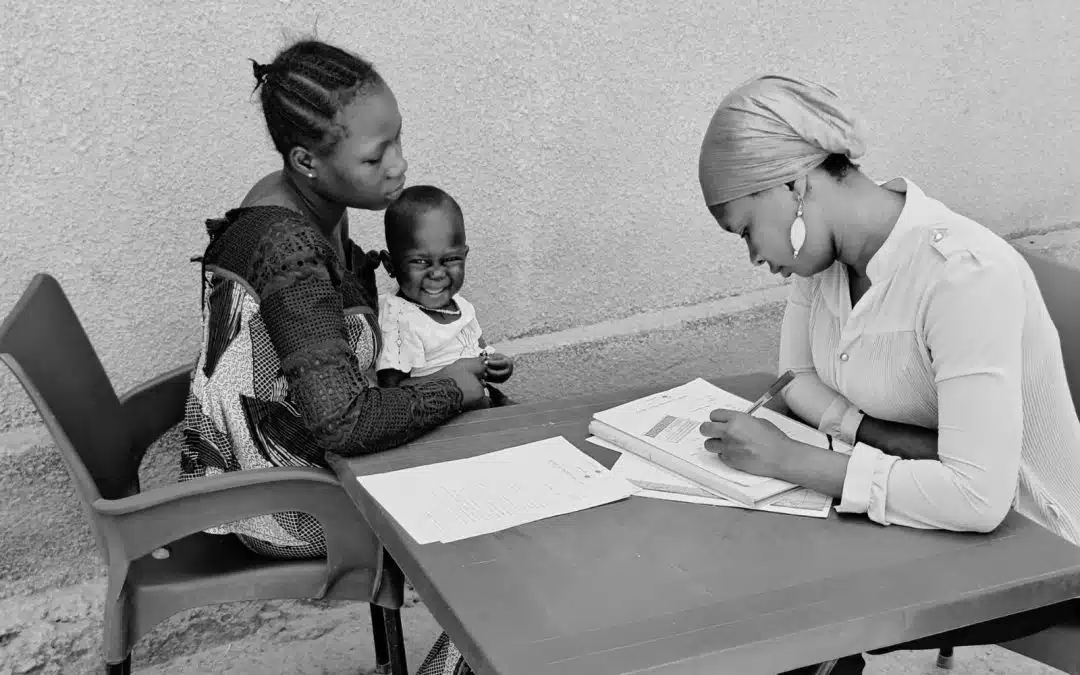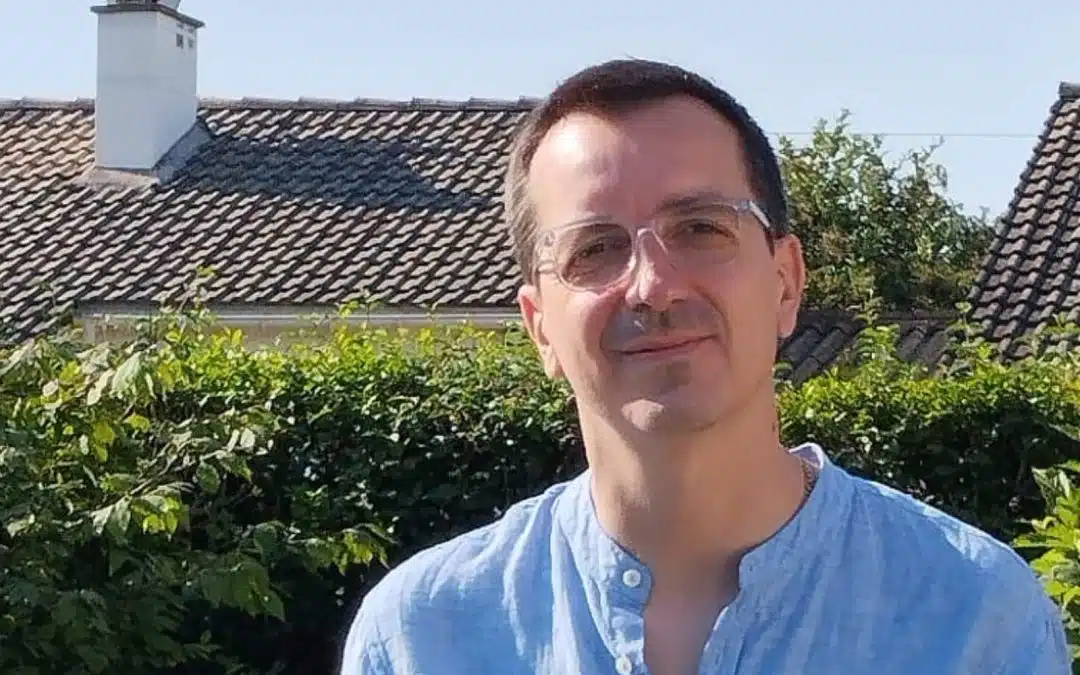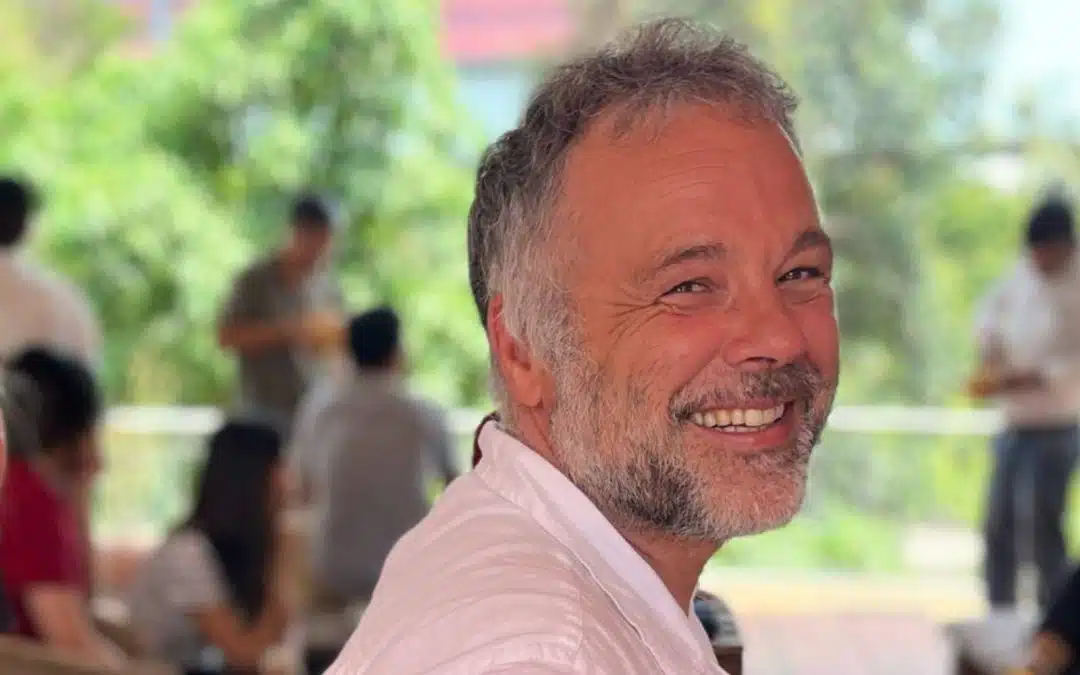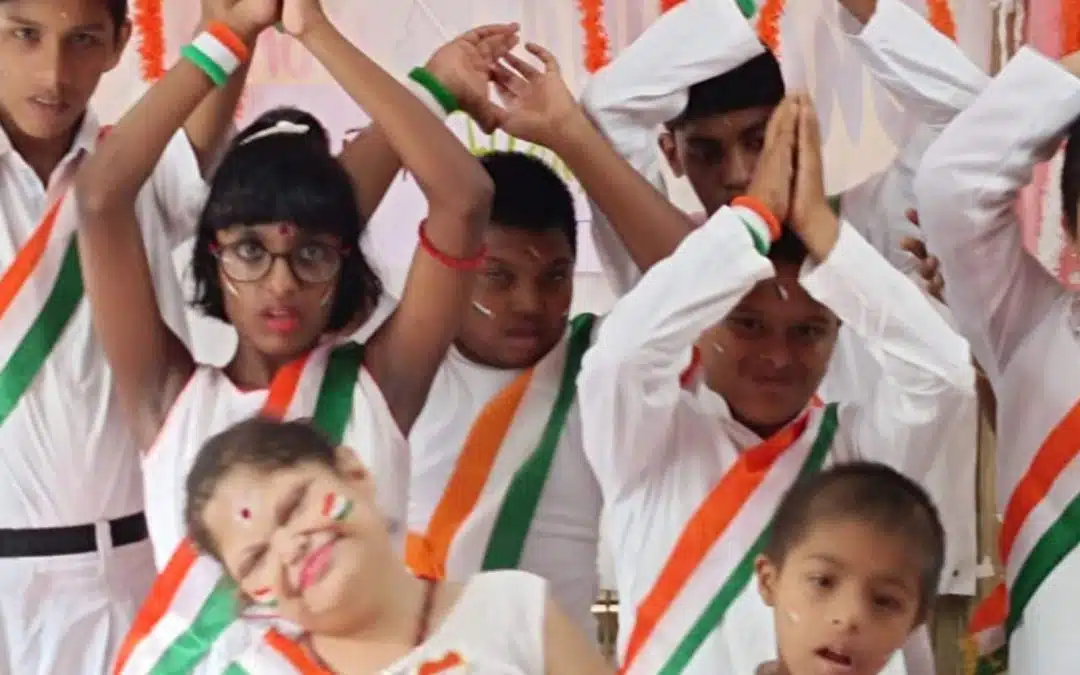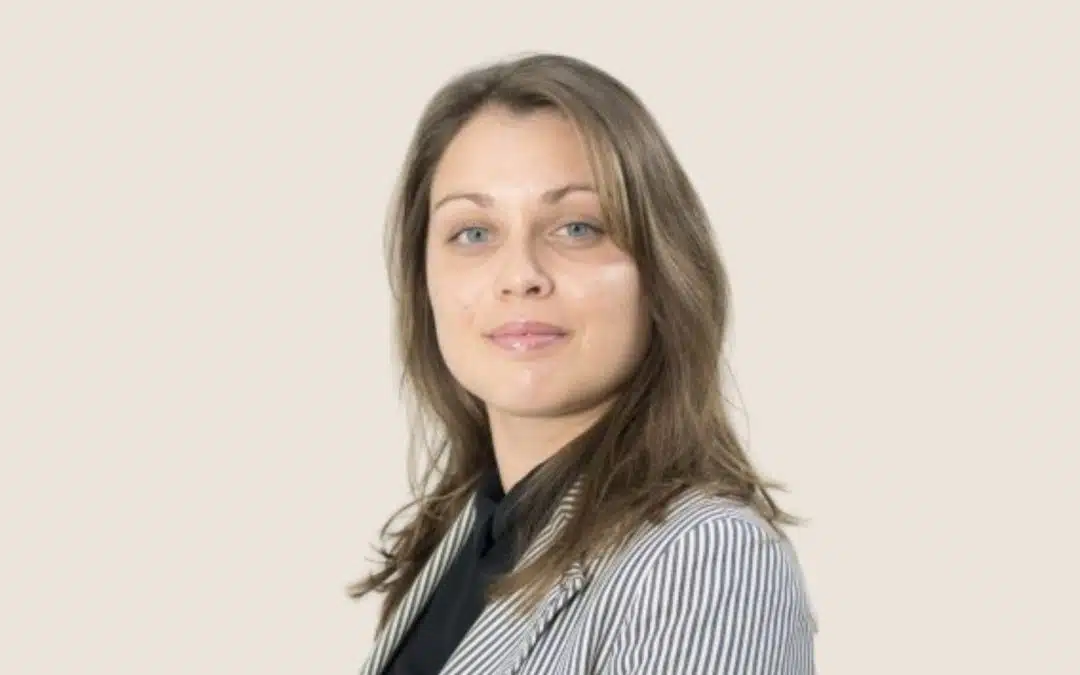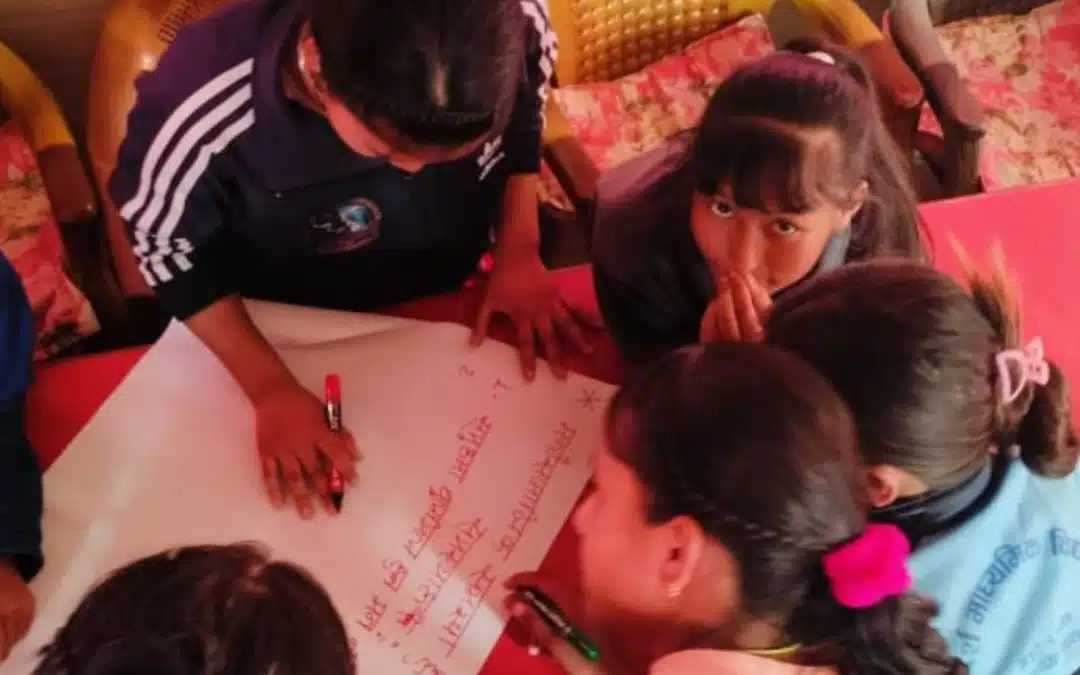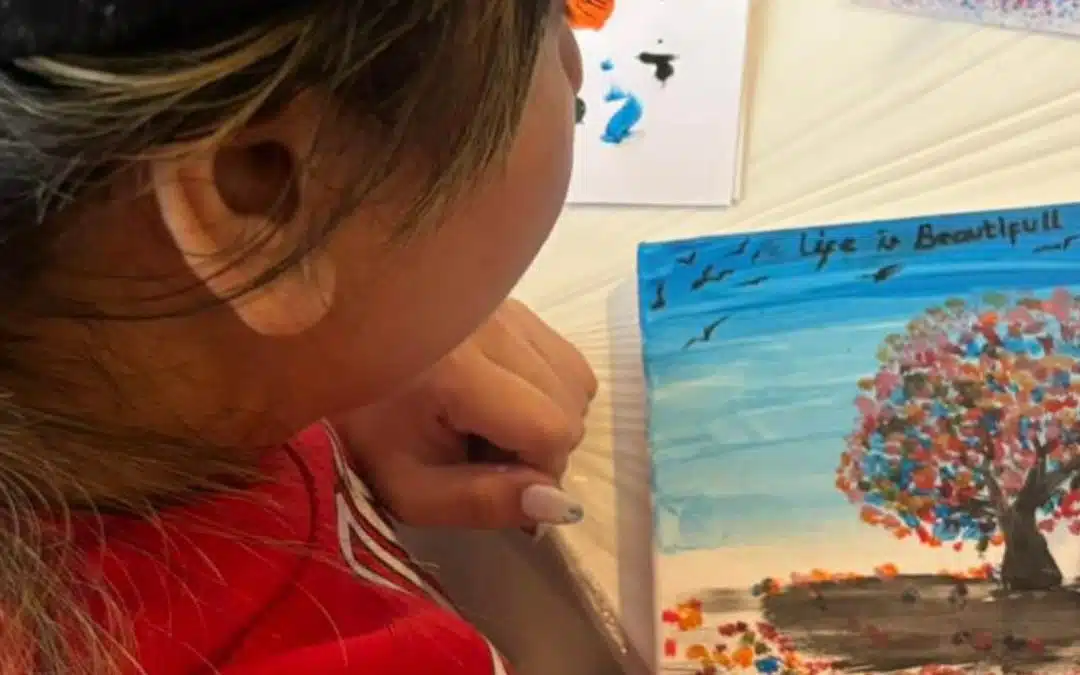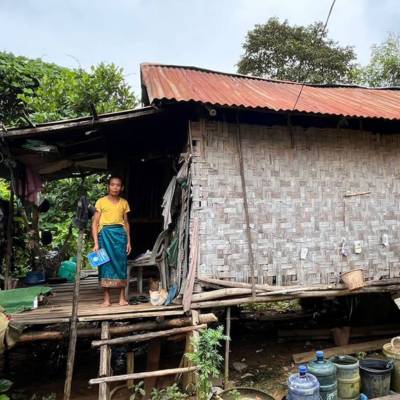
For several years now, Laos has been going through a major economic crisis, with extremely high inflation penalizing essential expenses such as health and education.
In a context where precariousness and the absence of protection mechanisms make children even more vulnerable, and where many of them are exposed to the risks of neglect, abuse, family separation or dangerous migration, our Pegase project aims to prevent exploitation and violence against children, in particular trafficking and abuse.
To ensure a safer environment for children, we are working to strengthen local protection structures, equip social sector professionals and support families in great difficulty in 5 villages in Sangthong district, Vientiane province.
A major challenge: skills transfer
We chose to work with the local association GDA (Gender Development Association), renowned for its expertise in the fields of gender and training. GDA works in coordination with the Lao Women's Union (LWU), a government agency with a very dense network in the area, and is an essential partner in setting up projects with local populations.
But given the lack of social work training in Laos, even recruiting the project implementation team from within GDA was a challenge. In addition, Lao Women's Union volunteers often come from poor families and are sometimes illiterate.
As a result, our first activities in 2024 consisted in training GDA families in our support methodology, which in turn very gradually trains Lao Women's Union volunteers.
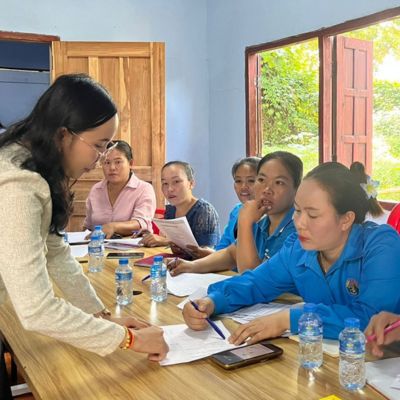
I see two key benefits emerging from the project. Firstly, the strengthening of relationships with local authorities plays a crucial role in ensuring the sustainability of the project, with the transfer of knowledge and skills. This not only enables the authorities to better understand the challenges faced by vulnerable families, but also equips them with the tools and methodologies needed to address these issues effectively and beyond the life of the project.
Secondly, I've observed that families are more confident in their own abilities. Many of them initially feel powerless in the face of their difficulties. Thanks to the support they receive, they develop a sense of autonomy, gradually realizing that they are capable of setting objectives and goals, and achieving them. This change of mindset is essential, as it fosters the long-term ability to overcome difficulties.
Although the members of the GDA team had no specific training, they have been highly motivated over the last few months and have taken on board the social work profession. Thanks to our close coaching, the social workers are now able to handle the tools of family follow-up and social worker methodology, as well as training LWU on certain aspects of the project.
Today, GDA helps 31 families working in rubber plantations and rice paddies to solve their socio-economic problems in Laotian villages. This number of families will increase in the coming months.
